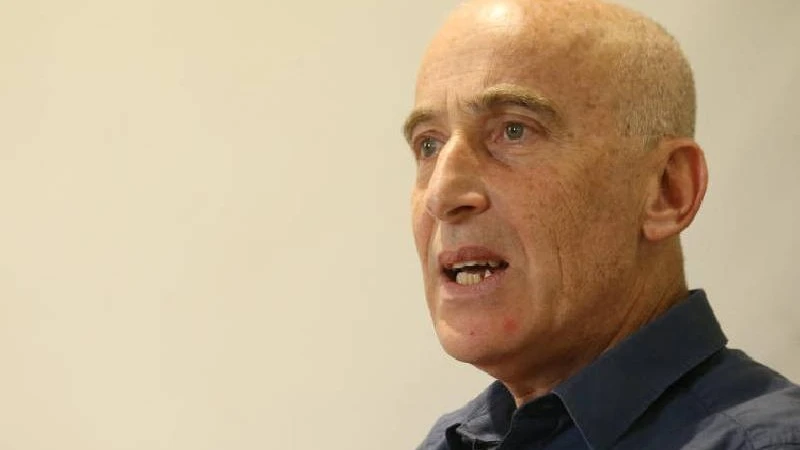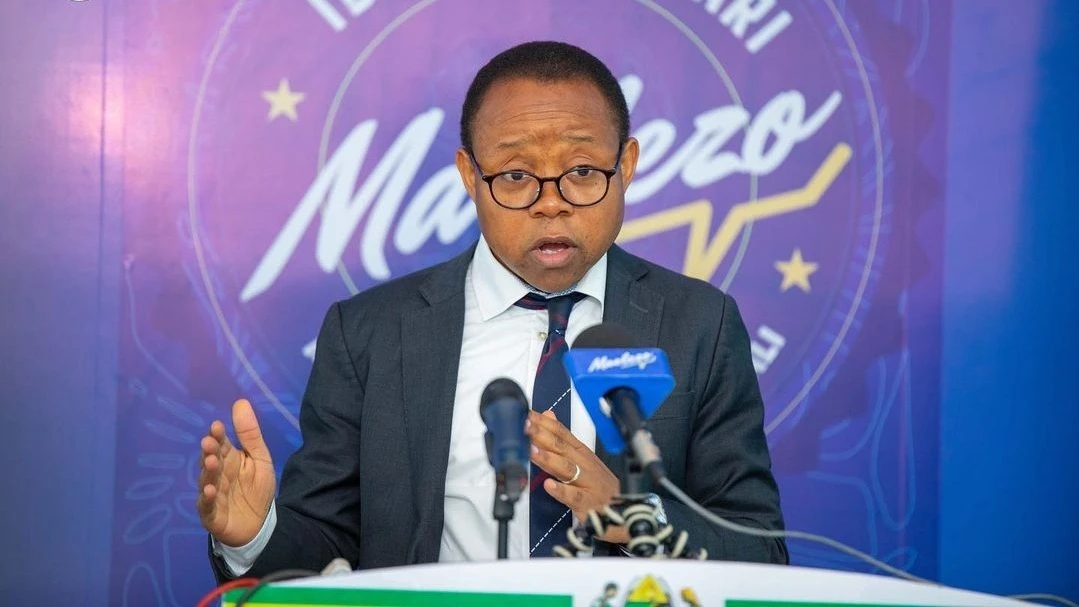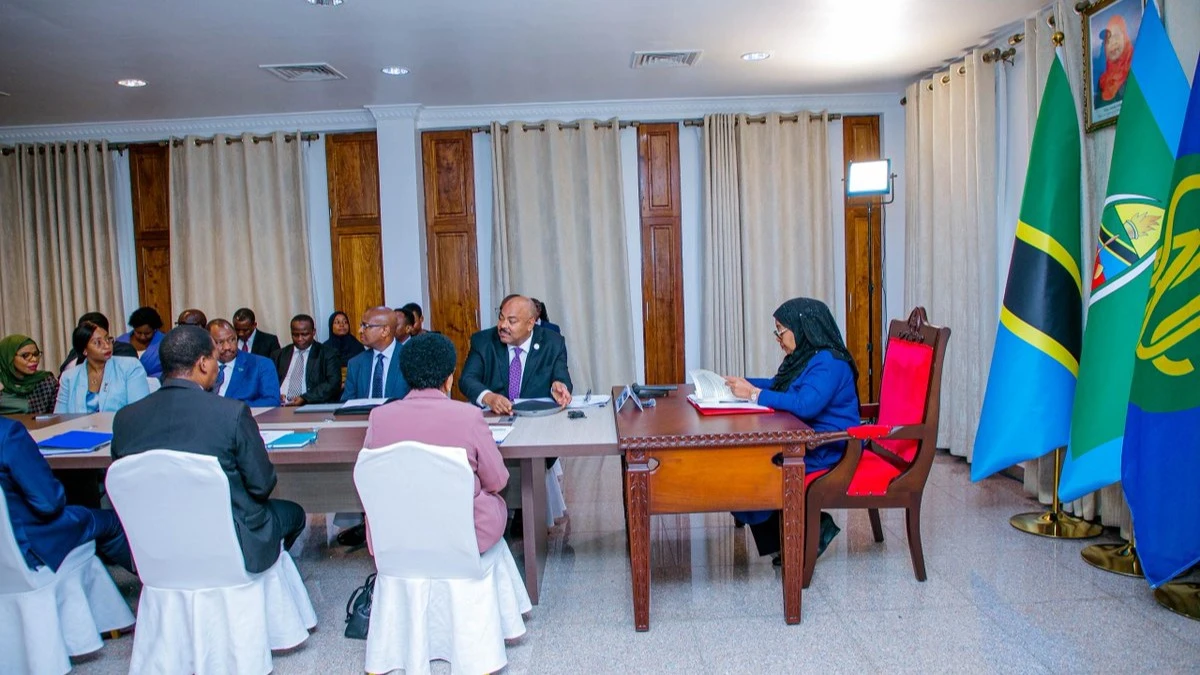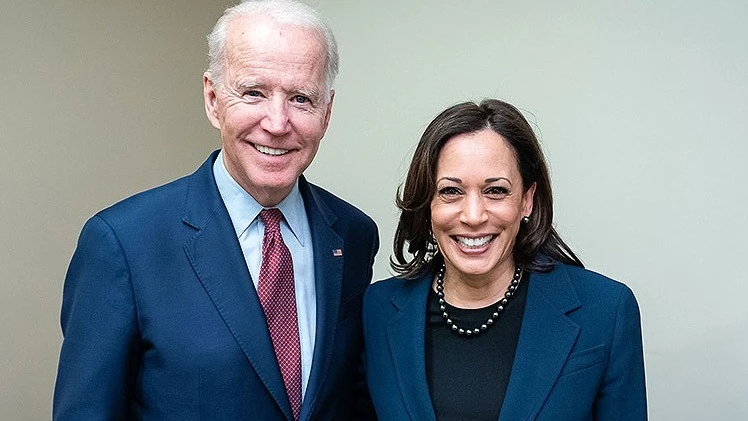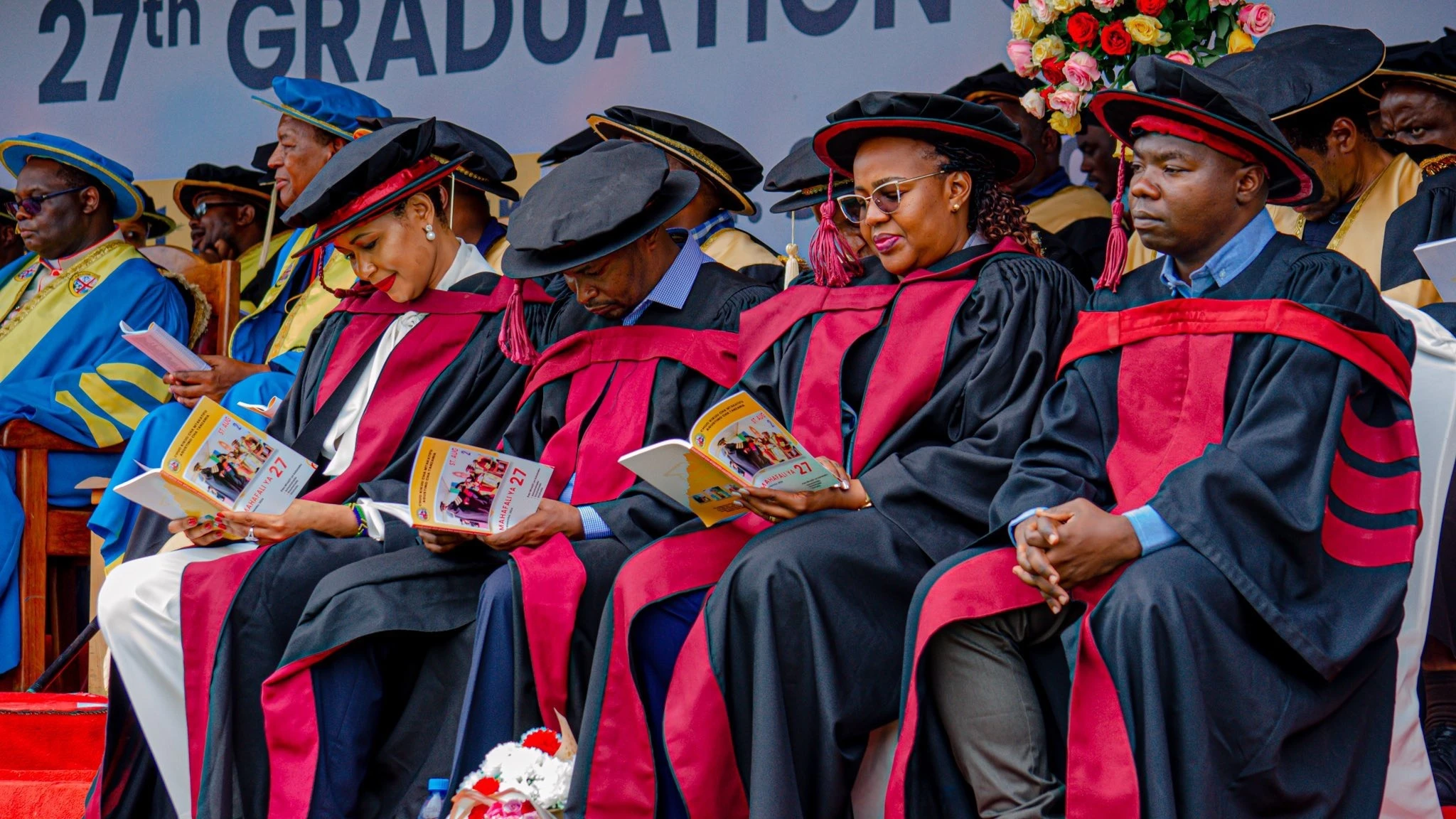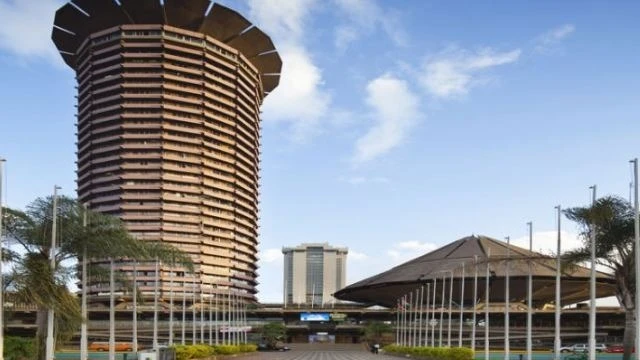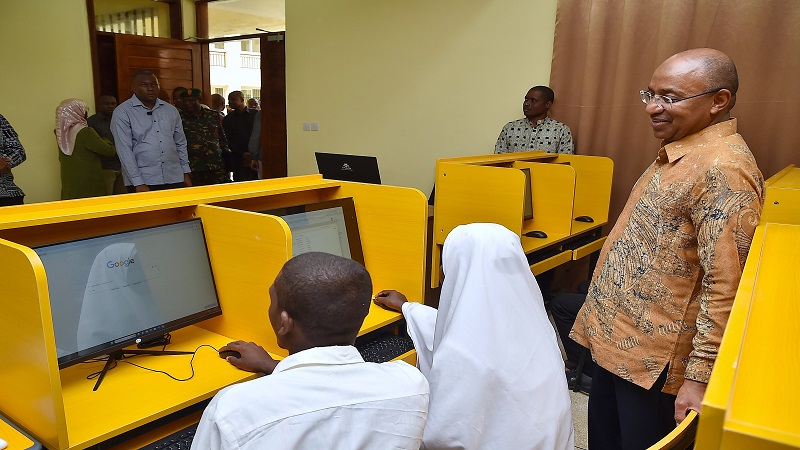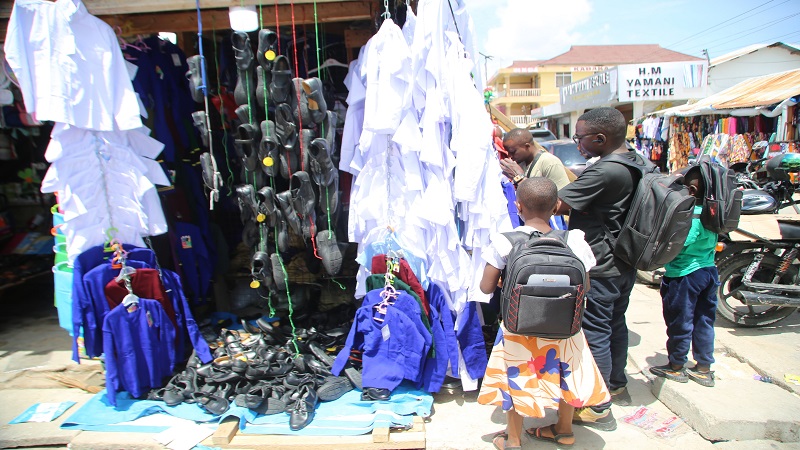Curtain falls on 2024: Year that tested the strength of Namibia's democracy
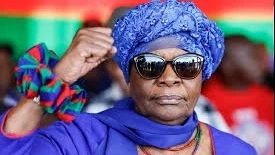
DECEMBER is a time to reflect, celebrate our triumphs and accomplishments, or simply rejoice in the fact that we made it from January to December. As the year ends, we look back on 2024 - a year filled with challenges and victories, a year that will be remembered for its trials and the resilience displayed by the Namibian people.
Twenty-twenty-four was a tumultuous year, marked by a mixture of the good, the bad, and the ugly.
Yet, despite all the obstacles, Namibians emerged as the biggest winners. It was a year that tested the strength of Namibia's democracy, its systems, processes, and institutions, as they faced numerous challenges and litmus tests. One of the most profound moments in the country's history came on 4 February, with the passing of President Hage Geingob.
The death of a sitting president is always a moment of national reflection and mourning, but on that fateful day, Namibia's institutions were put to the test - and they passed with flying colours.
That Sunday, 4 February 2024, will forever be etched in Namibia's history, standing alongside 21 March 1990 as one of the most defining moments. The head of state, the commander-in-chief, was gone.
The Executive branch was left without its leader, and the nation was plunged into grief. But, in the face of tragedy, Namibia's democratic institutions rose to the occasion. The country did not falter. It remained steady, anchored by a deep-rooted commitment to the rule of law and governance.
The transition of power, smooth and without incident, demonstrated the strength of Namibia's democracy. Less than 14 hours later, the country had a new president: Then Vice President Nangolo Mbumba, who stepped into the void left by Geingob. The swiftness and professionalism of this transition were a testament to Namibia's democratic maturity. Despite the loss, Namibia is moving forward.
As months went by it become clear that the science teacher and seasoned politician was a man committed to continuing the work of his late friend and brother.
The year was far from short of notable events. From the beginning, it was clear that 2024 would be politically charged, with the November Presidential and National Assembly elections hanging in the balance.
The campaign for voter registration intensified, with civil society, political actors, the electoral commission, and the media all mobilising to encourage citizens to register. The response was overwhelming, as more than 1.4 million Namibians registered to vote, showing their commitment to shaping their own future.
Political parties and presidential candidates crisscrossed the country, each presenting themselves as the best choice to lead Namibia into the future. Young voters were highly engaged, with over 900 000 of them registering to vote - an increase from the 700 000 when juxtaposed to 2019.
Their energy and determination were evident on Election Day, 27 November. Long lines, hot sun, and unpredictable weather could not deter them; they were determined to have their voices heard.
Despite the Electoral Commission of Namibia's administrative and logistical flaws that were on full display during the elections, which had to be extended by two days to cater for voters who were left out, when the results were announced, over 1.1 million Namibians had cast their votes.
Every vote counted, and every voter contributed to the country's progress. Whether they were turned away or unable to vote for any reason, those who showed up to the polls demonstrated the power and unity of the Namibian people.
A significant milestone of the election was the election of Vice President Netumbo Nandi-Ndaitwah as the first-ever female president-elect of Namibia, a historic achievement that brings a new level of hope and possibility to the country's leadership.
As we reflect on the gains, the losses, and the lessons of 2024, we also take this moment to wish everyone a Merry Christmas and a Happy New Year. The year has been a testament to the resilience, strength and unity of the Namibian people in our diversity. As we look forward to 2025 with sheer optimism, let us carry these lessons into the new year, striving for a brighter future for all.
Namibia, you have made it through. Keep moving forward
The domestic economy maintained a positive growth trajectory during the third quarter of 2024 albeit at a slower pace when compared to the same time last year. According to the central bank, Namibia's economy registered a growth rate of 2.8% during the third quarter of 2024, which is lower than the 3.1% growth recorded in Q3 2023.
The moderation stemmed from the primary industry, particularly within the agriculture and mining sectors. In contrast, the secondary industry registered positive growth, with most manufacturing subsectors, including cement, blister copper, beer and soft drinks, showing an upward trend.
In its last quarterly bulletin for the year, the Bank of Namibia noted that domestic construction activity increased as government construction continued to recover, despite a weak performance in the private sector. However, electricity generation experienced a second consecutive decline due to lower water levels feeding into the Ruacana hydropower plant.
Meanwhile, domestic annual inflation slowed both on a quarterly and yearly basis during the third quarter of 2024, largely attributed to a deceleration in transport and food inflation.
BoN further noted that inflation slowed to 4.1% during the third quarter of 2024 from 4.8% registered in the preceding quarter. The quarterly slowdown in inflation mainly stemmed from a decline in transport inflation, specifically in the sub-categories' operation of personal transport equipment and purchase of vehicles.
In a groundbreaking leap for agriculture, northern Namibia is stepping into the spotlight with its very first grape harvest. This remarkable feat proves that even the harshest climates can yield sweet success. The Otjimbele Agriculture Project, led by CEO Carlos Lertxundi, is not just cultivating grapes. It is sowing the seeds of economic transformation and community empowerment in the heart of the Omusati region.
Africa has the highest average into-wing fuel price globally. This fact alone is stifling Africa's aviation sector simply because jet fuel typically constitutes the largest operational cost for an airline, currently at around 30% of total industry budgets.
There is no doubt that regions or airlines with higher fuel prices are disadvantaged in terms of their profitability and competitiveness. This is because regional fuel cost variation boils down to how well a country's aviation sector can compete on the global stage. There continues to be empirical evidence that when this jet fuel reaches its final destination of being poured into the wing of the airplane, it costs more per litre in Africa than anywhere else on the planet.
The demand for enhanced rail infrastructure in Namibia is surging, driven by the ambitious HyIron Oshivela project, which aims to revolutionise iron production through green technology.
James Mnyupe, the Green Hydrogen commissioner, emphasised the urgency of upgrading rail links to accommodate the project's projected needs. "HyIron is looking to import iron ore potentially from South Africa, which will have policy ramifications because it means there should be considerations to upgrade rail links," he stated.
Namibia is taking significant steps to enhance its mineral beneficiation strategy. The aim is to create much-needed local jobs and increase the value derived from rich natural resources. However, for the country to successfully implement this strategy and effectively process the minerals it mines, substantial investments in infrastructure are essential.
This means Namibia requires improvements in various sectors, particularly in water supply and transport logistics. Last year, Cabinet resolved to prohibit the exportation of critical minerals in their raw form, including lithium, graphite, cobalt, manganese and rare earth elements.
Kelp Blue, a groundbreaking sustainable aquaculture enterprise, is on the verge of significantly contributing to the domestic economy with a bold investment plan, which could reach N$3 billion over the next three to four years. This investment follows an initial capital injection of N$350 million, and ongoing annual operational costs ranging from N$80 million to N$100 million. "We expect those numbers to multiply tenfold as Kelp Blue aims to scale its production capacity from the current 3 000 tonnes to an impressive 50 000 tonnes per year," said Daniel Hooft, the company's founder and CEO.
Namibia's power spending hits N$87b Namibia is facing a steep rise in electricity expenditures. Total spending on purchased power has increased by 25% from approximately N$70.86 billion (US$4 billion) in 2019 to N$86.85 billion (US$5 billion) in 2023. This surge is largely attributed to the rising costs of electricity imports, which have more than doubled since 2019. The increase has grown from N$13.90 billion (US$800 million) to over N$31.23 billion (US$1.8 billion) despite a decline in the amount of electricity imported.
The domestic economy continued to record growth since the second quarter of 2021, and during the third quarter of this year, the size of the domestic economy stood at N$61.6 billion in nominal terms, reflecting an expansion of N$5.3 billion from N$56.3 billion recorded in the same period of 2023.
QatarEnergy, one of the biggest oil and gas companies in the world, is deepening its interest in the Orange basin by expanding its footprint in what industry experts consider one of the world's newest and hottest oil and gas hunting grounds. This is as QatarEnergy, formerly known as Qatar Petroleum, this week announced it had entered an agreement with Harmattan Energy Limited (HEL), an indirect subsidiary of Chevron Corporation, to acquire a working interest in the Petroleum Exploration Licence and Petroleum Agreement for Block 2813B (PEL0090) in the Orange basin offshore Namibia.
Harsh lives of undocumented charcoal workers
The domestic charcoal industry is grappling with pressing challenges, particularly concerning the treatment of undocumented workers. A recent report on the industry reveals a significant number of charcoal cutters and burners on farms are undocumented Angolan immigrants. The report stipulates that many of these workers often find themselves without passports or identity documents, which often results in a lack of signed employment contracts, lower wages, and unfair deductions.
Top Headlines
© 2025 IPPMEDIA.COM. ALL RIGHTS RESERVED











